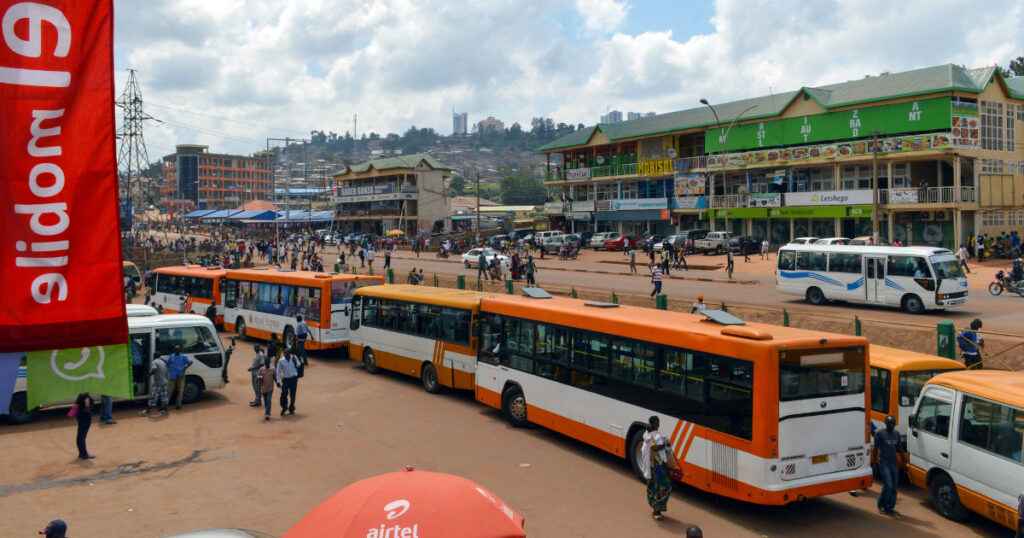During the last years, we have created, and constantly improved our mobility app for informal transportation. One year after the start, in 2019, we went open source with our mobility app because we wanted to scale out better to the “global South,” and make a difference in as many cities as possible, making transportation better accessible for its users.
Going open source however is actually only one part of the deal. How to really scale out? That’s why we are in Kigali this week, me along with our project manager Denis Paz Jimenez, financed by the German development organization GIZ. We are here to inaugurate the Kigali Mobility Lab together with several partners such as Carnegie Mellon University Africa, the City of Kigali, Enrouteq, and Volkswagen.

Photo: Francisco Anzola (CC BY 2.0)
We will brainstorm on how to bring mobility solutions to many more African cities. Accra is on our top list as well, because we launched an app there in 2020, and public transport was well-mapped in 2019 by the French development organization AFD.
But we are also here to improve the digital experience of Kigali people with public transportation. One of the key features hereby will be the usage of real time data. Thanks to our partner Enrouteq we can use live bus data and give accurate information to the app users. This brings us a lot forward in our mission, which is to offer people in the global South the same good digital experience as in the “Global North” – and this happens through the transparency and accessibility made possible by open source apps.
But not only apps. Since most people in Kigali don’t have regular mobile phones instead of smartphones, so we are also looking for other innovative solutions so public transportation improves for all people.
